League of Legends is coming to ESPN. The media giant recently announced that live games will begin broadcasting on the ESPN+ premium streaming service as soon as the 2018 Summer Split. While at first glance, a deal with ESPN seems like a huge victory for a gaming title, this is not the deal that Riot Games originally signed up for. In fact, popular esports reporter Travis Gafford calls it the game’s “biggest setback ever.”
The BAMTech Deal
Back in 2016, Riot Games signed a monster deal with BAMTech that was supposed to bring League of Legends a $300M payout over a 7-year period. A subsidiary of MLB Advanced Media, BAMTech created the platforms used by streaming juggernauts like Hulu, HBO, NHL, and WWE. As a result, today BAMTech is the backbone behind a lot of the online content that millions of users consume on a daily basis.
The agreement between BAMTech and Riot would have opened a huge new source of revenue for League of Legends. Furthermore, a streaming deal of this magnitude would have single-handedly legitimized esports. Think about the giant broadcasting deals signed between major sports teams and stations like FOX and Time Warner Cable. Sports franchises thrive off of broadcasting revenue, every new deal seemingly bigger than the last. Having the sole licensing power over a particular enterprise is the most valuable thing in sports and broadcasters spend billions of dollars a year for the exclusive rights to publish that content.
That’s right — exclusive.
Exclusive ownership
There are very few sports organizations that actually have any control when it comes to content delivery. The New York Yankees (YES Network) and the Toronto Blue Jays (Rogers’ Sportsnet) are among a very rare breed of teams that actually have a stake in their broadcast partners. Most of the time, an entirely separate entity owns the team’s associated media rights. Perhaps the greatest example of this can be found in the NBA. FOX Sports owns the exclusive broadcasting rights to 17 of the 30 teams in the NBA; more than half of the league’s games appear exclusively on a FOX Sports network. That slate includes teams like the Cleveland Cavaliers and the Miami Heat. Of the remaining 13 teams, NBC controls another 7, including the Boston Celtics and the Golden State Warriors.
BAMTech offered League of Legends an outlet where the game would have published all of its own content. An agreement like this for a major sports team would have been rare. For an esports organization, it was unprecedented.
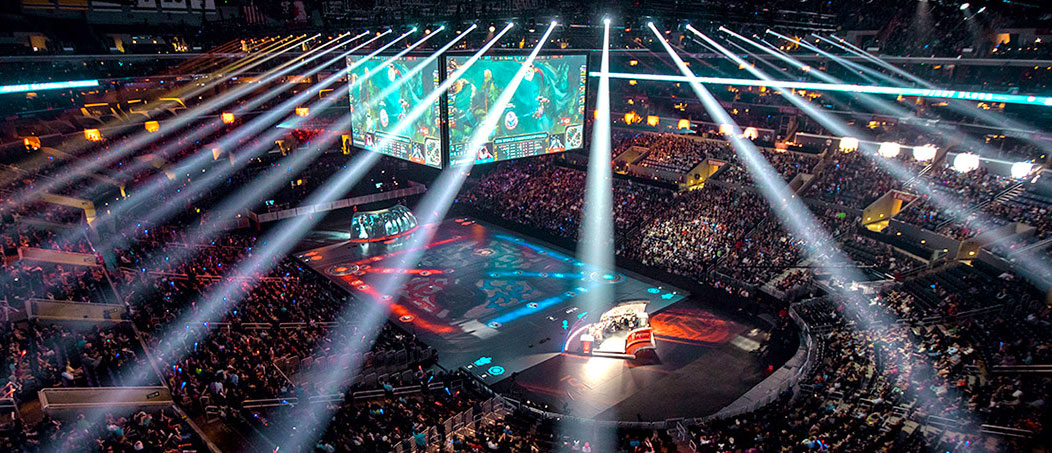
The BAMTech platform would have given LoL an exclusive streaming portal akin to services like HBO NOW and WWE Network. The game would have no longer had to rely on third-party platforms; no Twitch, no YouTube, no middleman. League of Legends would have been lord of its own content, being able to produce high-end streams in-house and gaining the ability to deliver programming to viewers in a way that was entirely its own.
The agreement between LoL and BAMTech was the first major deal for exclusive media rights in the history of esports. At the time, Riot called it a “game changer.” It was. It was a leap forward on an absolutely groundbreaking scale.
That deal is now dead in the water.
“The Biggest Setback Ever”
Perhaps the death knell for the original agreement sounded when The Walt Disney Company acquired a 75% majority stake in BAMTech back in August 2017. BAMTech fell under the control of Disney, who immediately shifted gears towards supplementing ESPN with a new over-the-top streaming service. You see, Disney actually owns ESPN. On a level of irony that can only be likened to a Shakespearean tragedy, Disney put the League of Legends project on the backburner so that they could work on creating ESPN+.
What if things had happened differently? If Disney didn’t acquire a majority share in BAMTech, would ESPN+ even exist right now? Would the League of Legends streaming app still have taken a backseat to another project? Or would LoL stand at the forefront of the industry, on the back of its new exclusive streaming platform, a pioneer in the world of esports content delivery on a level that was unfathomable just a few years prior?
At this point, the “what if” game is a fruitless one. There’s one thing we can say with absolute certainty, however; the BAMTech deal would have been far more profitable for Riot Games than the ESPN+ deal that ultimately replaced it.
What it all means
In a vacuum, signing with ESPN is not a bad thing for League of Legends. In fact, it’s likely that ESPN will be a valuable partner in the long run and this new streaming arrangement will prove profitable for Riot Games. What makes this such a huge setback for League of Legends is not that it is an inherently bad deal. What makes it a disaster is that it signifies the death of the BAMTech agreement.
Neither League of Legends nor ESPN walks away with exclusive streaming rights in the new arrangement. Streams will be broadcast simultaneously on ESPN+, Twitch and YouTube, and everywhere else you already watch the games now. In the end, it’s neat that an organization like ESPN has taken an interest in esports. It’s nifty that this arrangement may expose pro League of Legends to a new audience. But for most fans, existing fans, this deal changes nothing.
Where the original deal was revolutionary, the ESPN agreement is just nice. If the BAMTech deal was a sumo wrestler cannonballing into your grandma’s above-ground pool, the ESPN deal is a child taking a timid step in a roadside puddle without rain boots on. Sure, you can look at it as a “splash.” Technically, it is one. But it’s not what Riot Games was picturing when they signed that first deal back in 2016.




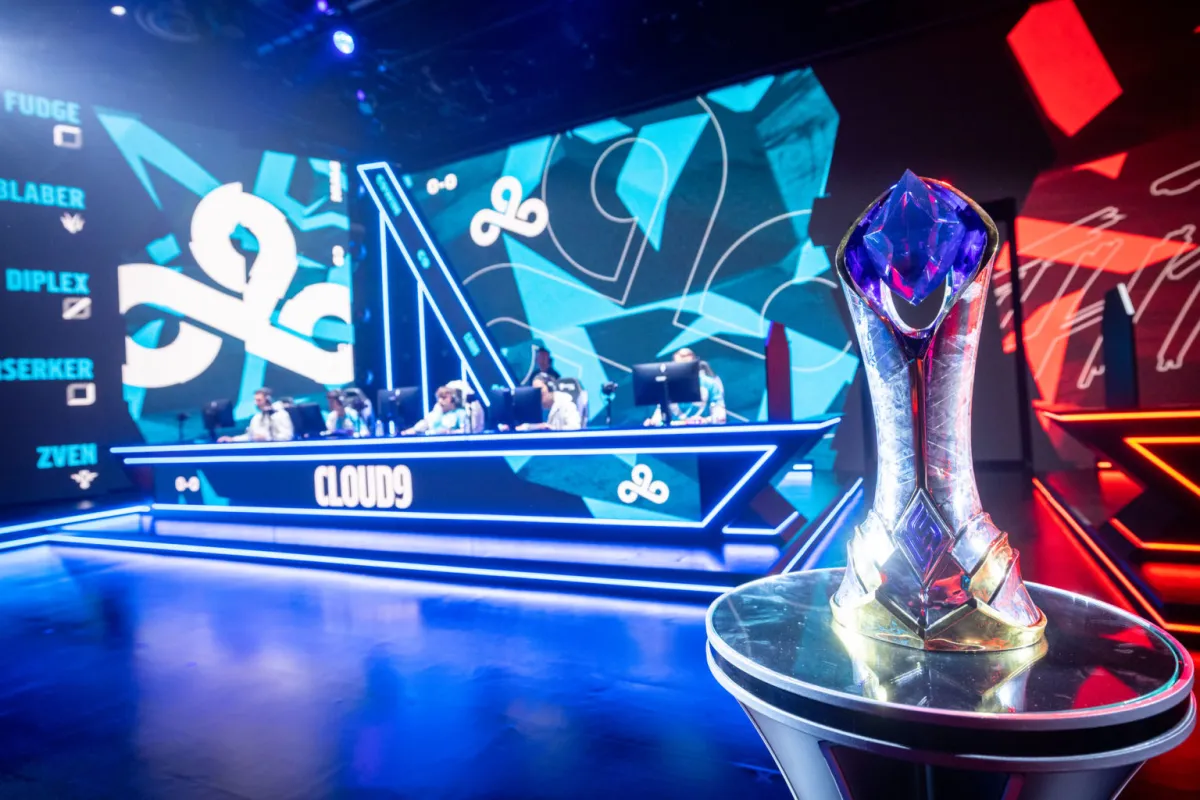


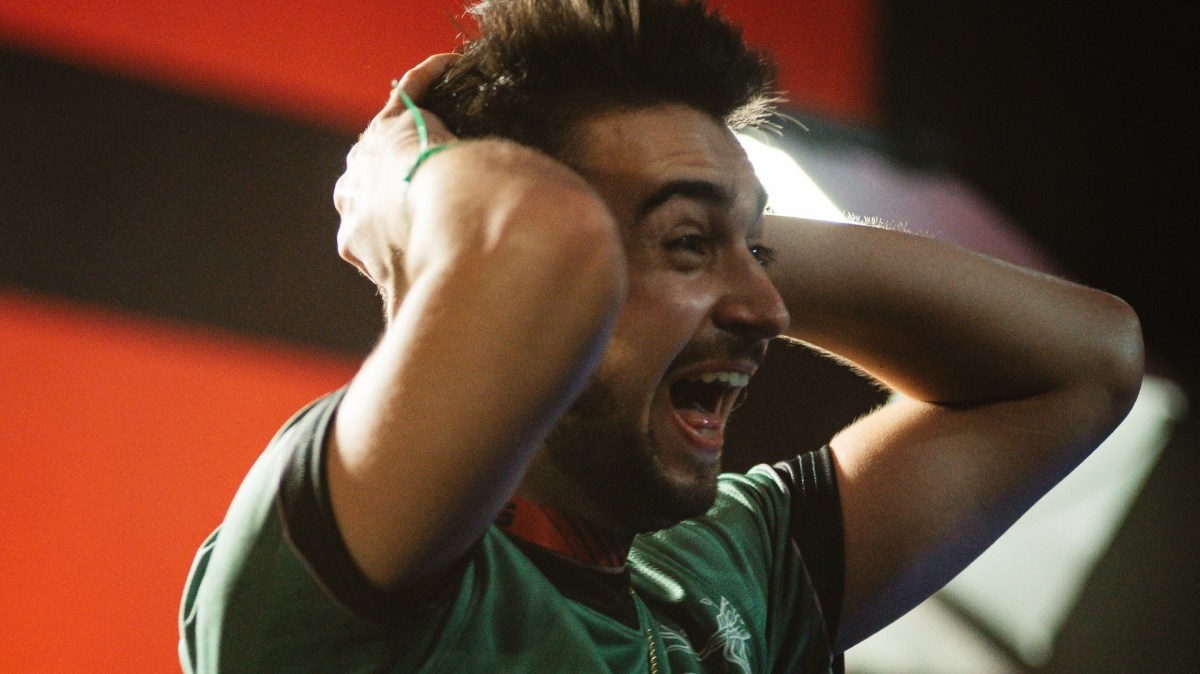
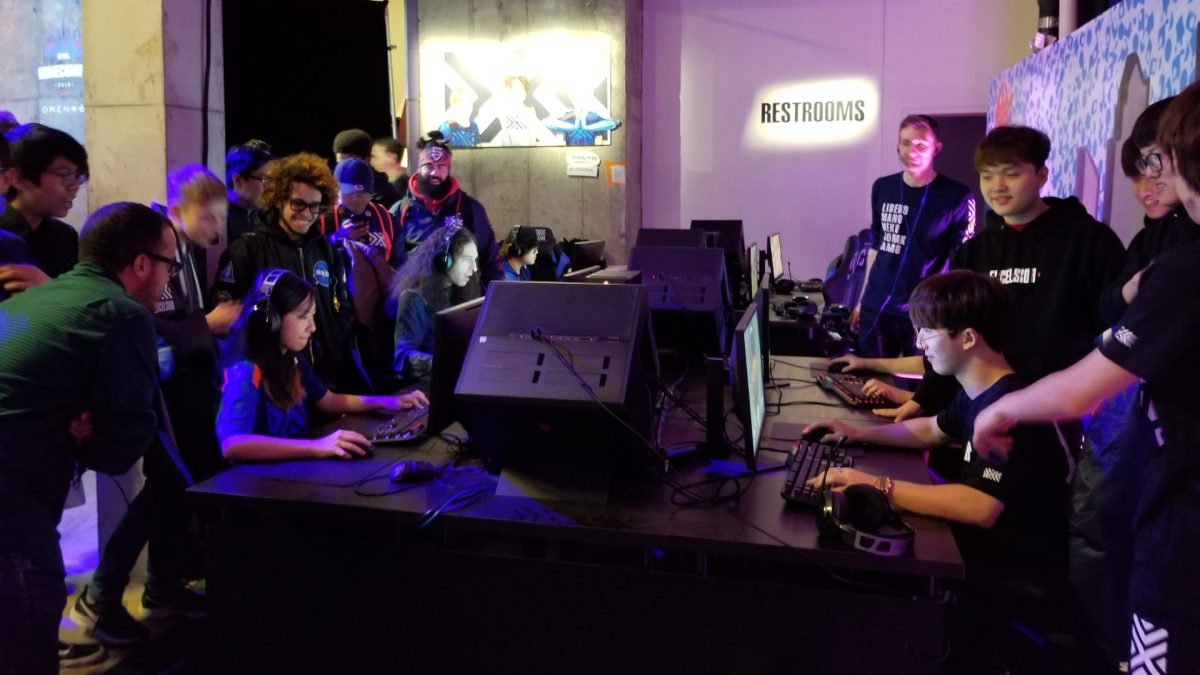
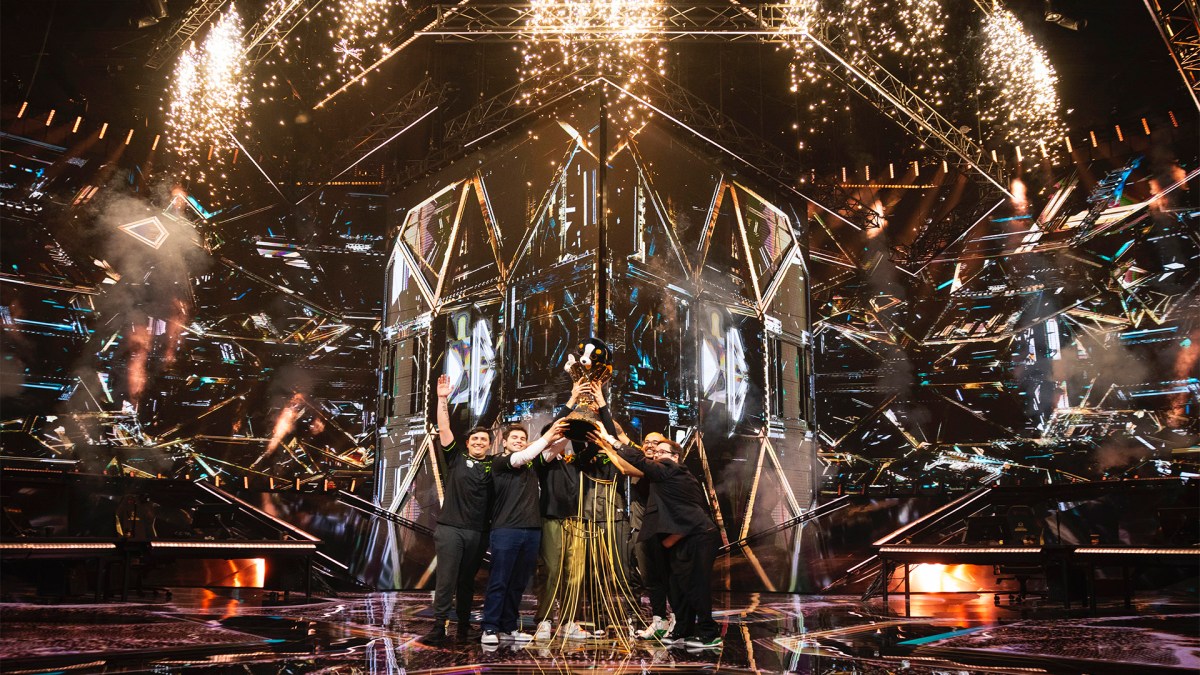

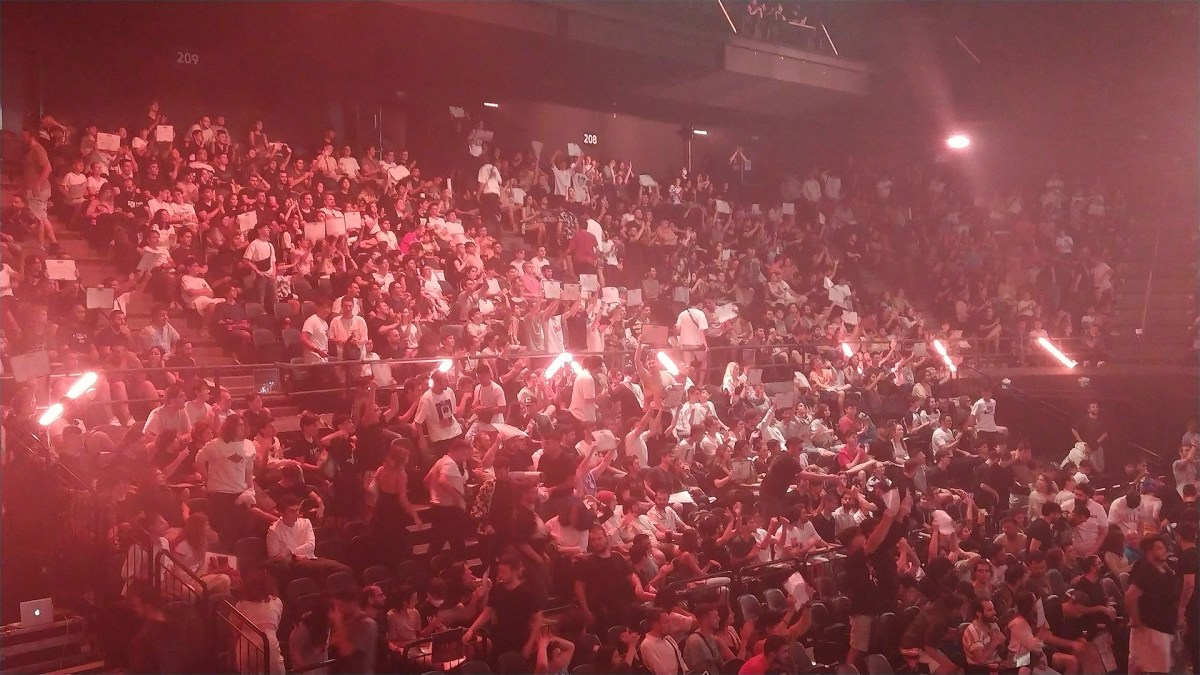
Published: May 27, 2018 03:07 am